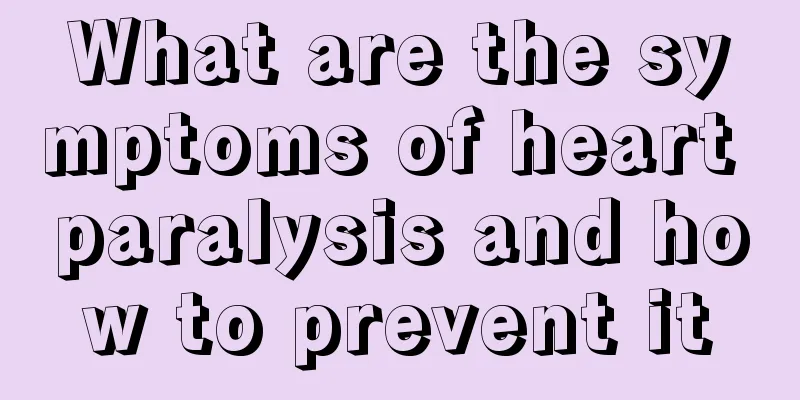Will brain cancer symptoms heal on their own?

|
The symptoms of brain cancer are mainly caused by the compression of tumors on cerebral blood vessels and nerves. The symptoms of brain cancer are persistent headaches, dizziness, black eyes, aggravated over time, frequent vomiting, confusion, mental restlessness, stiff neck, hemiplegia, hemiplegia, aphasia, epileptic seizures, and coma. If the intracranial pressure in the water around the brain tumor is significantly increased, the increased intracranial pressure will cause the breathing pulse to slow down, and in severe cases, drowsiness will turn into drowsiness, and then coma, accompanied by increased blood pressure, unstable blood pressure, and unstable heartbeat. The late symptoms of intracranial tumors vary depending on where the tumor grows. As the intracranial tumor grows, the mass effect can cause intracranial hypertension, severe headaches, nausea and vomiting, and even loss of consciousness. There will be brainstem compression near the brainstem: paralysis of one limb, paralysis of the oculomotor nerve, changes in pupil size, restricted eye movement, coughing when drinking water, difficulty swallowing, etc. Visual degeneration and blindness can occur near the optic nerve. A common symptom of brain cancer is headache. The headache symptoms of the common cold can be cured in a short time, and sometimes they can stop. Brain cancer headache is a persistent headache that gradually worsens over time. Even if it is controlled with medication, it can only last for a period of time and cannot be cured. Patients may experience symptoms such as vomiting, stiff neck, and increased intracranial pressure, which need to be distinguished from hypertension headaches, cold headaches, etc. At this time, the patient should seek medical attention in time and complete the corresponding auxiliary examinations, such as brain MRI, to determine the cause of the headache and determine whether there is a brain tumor. Early symptoms of brain cancer include headaches, such as waking up at night with a headache and lightheadedness that slowly eases when you get out of bed. Projectile vomiting usually occurs when the headache is severe, and the headache eases after vomiting. Blindness, such as temporary blindness. Double images appear when you look at things, and normal clear imaging is impossible. Visual field defects, incomplete vision. One side of the eyeball protrudes forward, and the other side gradually loses hearing. There may also be epilepsy, hemiplegia, weakness or uncoordinated limbs. Amenorrhea, breastfeeding, impotence and hair loss. |
>>: How many days after abdominal wall fibroid surgery can I get out of bed
Recommend
What to do if left rib is fractured
Left rib fracture is also a relatively common one...
What's wrong with the baby's sudden blushing
If the baby suddenly turns red in the face, there...
Can I exercise if I have fibroids?
In our real life, many people know that exercise ...
What is the fastest way to remove acne scars
When you see the pimples on your face slowly disa...
What are the tips for unclogging a blocked squat toilet?
In life, we often encounter some small problems i...
What causes dull chest pain? Pay attention to these things
Chest pain is a common clinical symptom. This sym...
How to deal with cervical precancerous lesions? 3 dietary treatment methods for cervical precancerous lesions
There are four manifestations of cervical precanc...
What to do if corneal burns occur
Because of their daily work and the fact that man...
What to do if casual shoes rub the heels
Everyone has one or several pairs of casual shoes...
Is traction good for the cervical spine?
Everyone knows that cervical spondylosis has beco...
What are the typical symptoms of cervical cancer
What are the typical symptoms of cervical cancer?...
What are the main methods for examining lymphoma
Lymphoma can be divided into Hodgkin's lympho...
General care for gallbladder cancer
Gallbladder cancer is a disease that troubles man...
5 necessary stages of fatigue turning into illness
Mild fatigue, eat a small amount of sweets Fatigu...
What is kidney deficiency called in western medicine
Anyone who has some knowledge of Chinese medicine...









